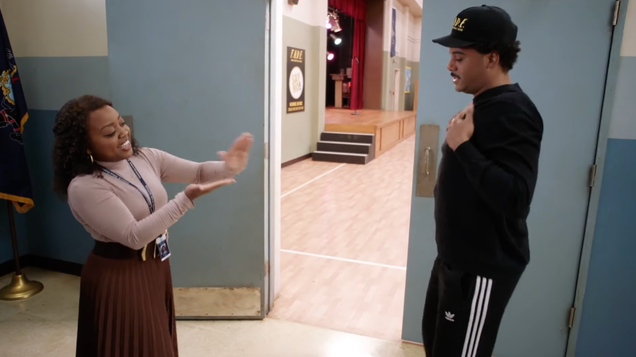The language of protest is often loud, charged, and filled with the impassioned voices of those seeking change. But, what if this language isn't just articulated through spoken words? What if the language of resistance is strummed on a guitar, belted out in a soulful melody, or encoded in the hypnotic beats of a drum?
Music has been an instrumental form of expression throughout human history, transcending borders and societal divisions. It reaches the depths of our hearts and connects us in ways words often fail to. When it comes to Black music, this form of expression acquires even more profound dimensions. It’s a tale of survival, resilience, and a constant fight for justice. It’s a tale where rhythm meets resistance.
From the sorrow-laden spirituals of the Antebellum South to the politically charged hip-hop tracks echoing through city streets today, Black music in America has served as an unparalleled medium for protest. Each note, every lyric, stands as a testament to a journey characterized by adversity, resilience, and the indomitable spirit of a people.
Blues and jazz, born from the ashes of oppression, offered a unique platform for Black voices. Artists like Bessie Smith and Louis Armstrong used their artistry not only for entertainment but to expose the injustices faced by their communities. Jazz and blues became the soulful cries of a community against the injustice they faced daily.
In the 1960s and 1970s, soul and funk music took center stage in echoing the sentiments of the Civil Rights and Black Power Movements. Artists like James Brown, Nina Simone, and Marvin Gaye used their powerful voices and electrifying rhythms to inspire, motivate, and express the collective sentiment of resistance. Their songs became synonymous with the struggle for equality, unifying crowds and fueling the pursuit of change.
Fast forward to the present, and we see hip-hop and rap music carrying the torch. The likes of Kendrick Lamar, J. Cole, and many others provide socio-political commentary, focusing a spotlight on systemic issues plaguing Black communities. Their rhymes articulate the realities of racial inequality, police brutality, and social injustice, continuing the longstanding tradition of music as a form of protest.
So, the next time you find yourself swaying to the soulful tunes of a jazz standard or nodding your head to the beat of a powerful rap verse, remember this — you're not just listening to music. You're hearing a story, a movement, a revolution. You're witnessing a grand act of resistance where rhythm dances defiantly in the face of adversity, resonating with the echoes of liberation.


